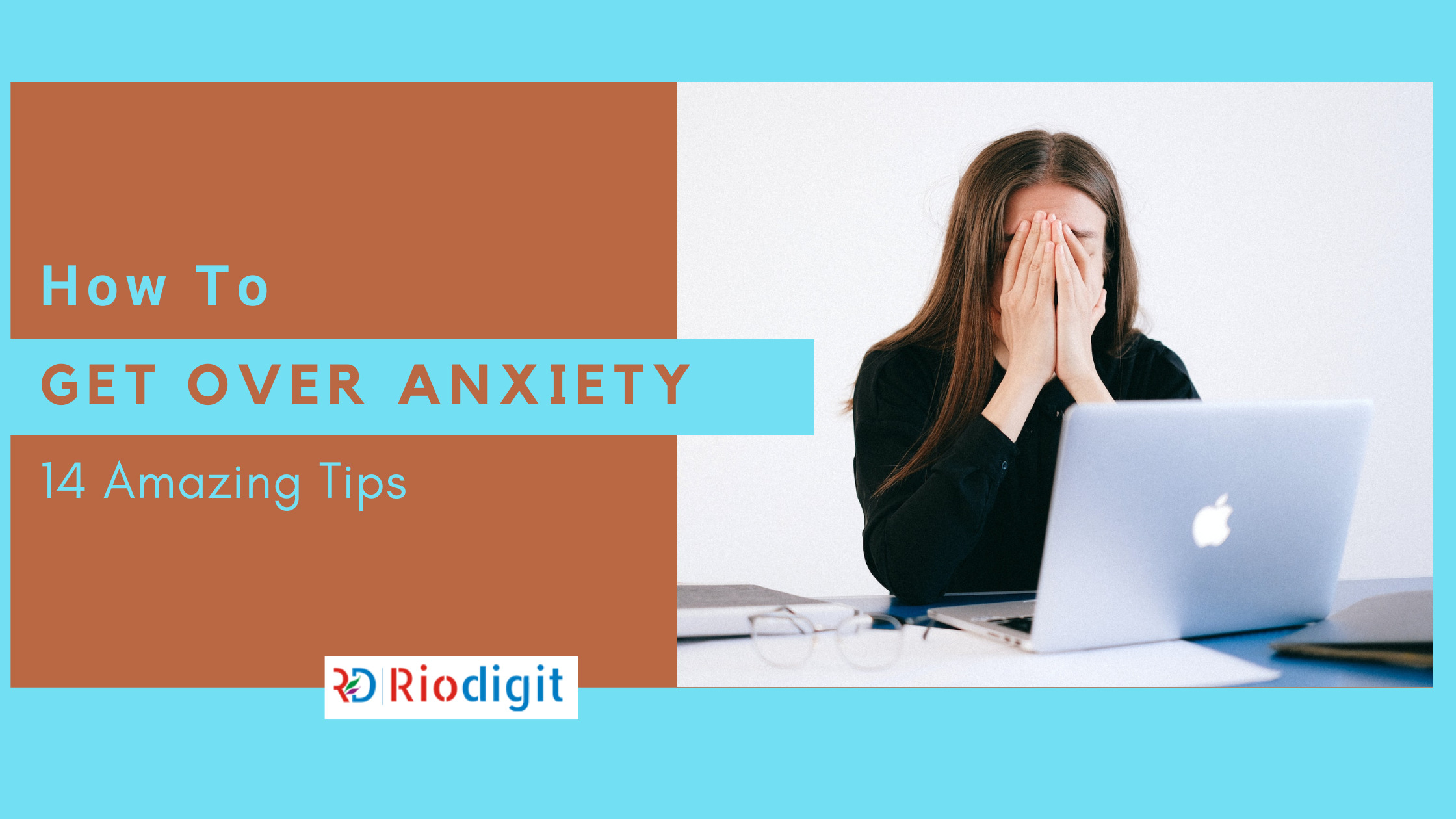It’s no secret that anxiety is a real pain to deal with. It can make even the simplest tasks feel like insurmountable challenges, and it can cause a great deal of stress and worry.
What is Anxiety in Life?
Anxiety is a feeling of worry, nervousness, or unease, typically about an impending event or something with an uncertain outcome.
For some people, anxiety can be a disabling condition that interferes with daily activities such as job performance, school work, and relationships.
Anxiety disorders are the most common type of mental illness, affecting more than 40 million adults in the United States, or about 18% of the population.
There are many different types of anxiety disorders, including generalized anxiety disorder, panic disorder, agoraphobia, social anxiety disorder, and specific phobias.
Symptoms of anxiety can include feeling restless, tense, or nervous; having a sense of impending danger, doom, or death; having difficulty concentrating; sweating, trembling, or rapid heartbeat; and avoiding situations that may trigger the anxiety.
What Causes Anxiety in Life
Anxiety can come from a variety of sources and it can be difficult to pinpoint the exact cause. It may be a combination of several factors. Some common causes of anxiety include:
1. Stressful life events such as job loss, divorce, or the death of a loved one
2. Having a medical condition or chronic illness
3. Use of certain medications
4. Having a history of anxiety or other mental health disorders
5. Substance abuse
6. Having a family member with an anxiety disorder
7. Traumatic experiences such as abuse, sexual assault, or witnessing a traumatic event
8. Some personality types are more prone to anxiety than others
9. Environmental factors such as noise pollution or exposure to toxins
10. Poor diet and nutrition
11. Sleep disorders
How to Get Over Anxiety
We all experience anxiety. It’s a normal emotion that comes in response to stress. But for some people, anxiety can be so constant and overwhelming that it interferes with their daily lives. If you’re struggling with anxiety, know that you’re not alone. Here are 16 tips that may help you get over anxiety.
1. Identify Your Triggers
Anxiety can be triggered by many things, including stress, genetics, and certain medical conditions. To get over anxiety, it can help to identify your triggers and avoid them if possible.
2. Get Rid of Your “What If” Thoughts
Anxiety can be caused by excessive worry about what could happen in the future. If you find yourself thinking “what if” all the time, try to refocus your thoughts on the present moment.
3. Challenge Your Negative Thoughts
Anxiety can cause you to have negative thoughts about yourself and the world around you. When you’re feeling anxious, take a step back and examine your thoughts. Are they true?
4. Break Up Your Day
Anxiety can make it hard to focus on anything other than the feeling of anxiety itself. To get over anxiety, it can help to break up your day into smaller chunks and focus on one thing at a time.
5. Get Moving
Exercise is a natural way to reduce anxiety. It can help to release endorphins, which have mood-boosting effects.
6. Take Deep Breaths
Deep breathing is a simple but effective way to calm anxiety. When you’re feeling anxious, try taking slow, deep breaths and focus on your breath going in and out.
7. Connect with Others
Social support is crucial for people with anxiety. Connecting with friends, family, or a support group can help you feel less alone and more supported.
8. Talk to a Therapist
If you’re struggling to get over anxiety on your own, therapy can be a great option. A therapist can help you understand and manage your anxiety.
9. Practice Mindfulness
Mindfulness is a type of meditation that can help you focus on the present moment and let go of anxious thoughts.
10. Try Relaxation Techniques
Relaxation techniques, such as progressive muscle relaxation and yoga, can help reduce anxiety.
11. Get Enough Sleep
Lack of sleep can make anxiety worse. Aim for 7-8 hours of sleep each night.
12. Eat a Healthy Diet
What you eat can affect your anxiety. Eating a diet that’s high in fresh fruits and vegetables, and low in processed foods can help reduce anxiety.
13. Limit Caffeine
Caffeine can make anxiety worse. If you’re struggling with anxiety, it’s best to limit or avoid caffeine altogether.
14. Manage Stress
Stress can make anxiety worse. To get over anxiety, it’s important to find healthy ways to manage stress.
Conclusion
If your anxiety is mild, self-help strategies may be all you need. But if you have moderate to severe anxiety, you may need to see a mental health provider to get treatment.

